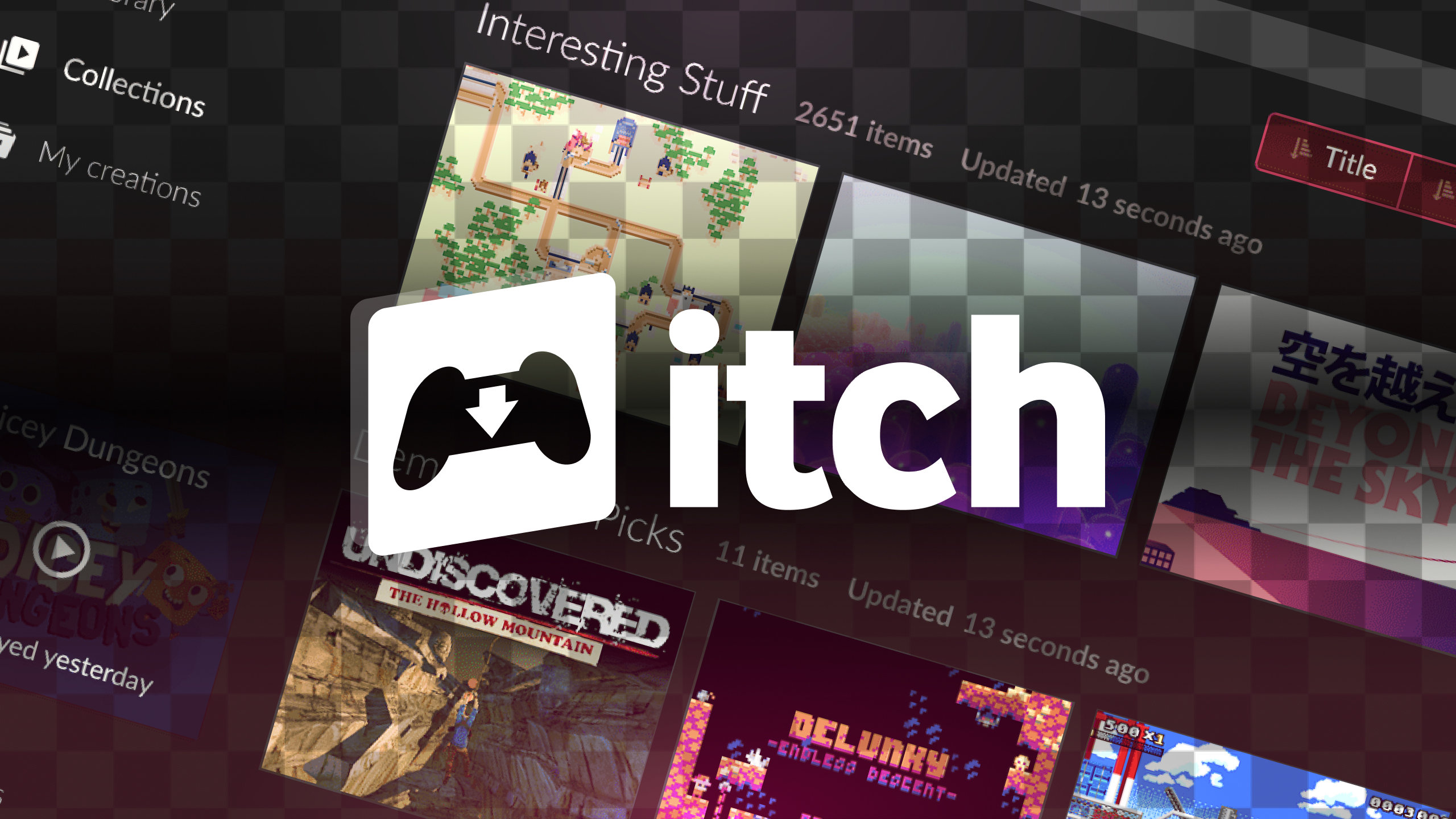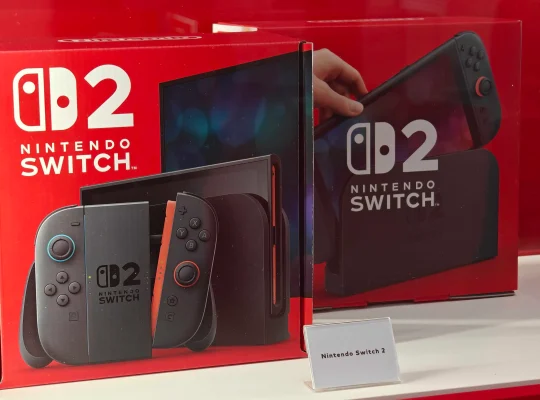Over the past few weeks, a growing controversy has erupted in the gaming world after tens of thousands of games were quietly removed from Steam and Itch.io. These removals weren’t the result of government bans or illegal content—but rather pressure from payment processors like Visa and Mastercard. Now, gamers are fighting back through a coordinated grassroots campaign.
Legal Games, but Still Gone
Steam and Itch.io recently updated their content policies, leading to the sudden disappearance of many indie and mature-themed titles. While Valve kept quiet aside from a carefully worded press statement, Itch.io was more blunt—both platforms pointed directly to threats from payment companies as the cause of these changes.
The affected games were not illegal. They included a wide range of genres and themes, from small indie projects to mature content. Yet, payment companies—without any court order or regulatory ruling—have effectively decided what’s acceptable to buy online by pressuring platforms with financial consequences.
Visa’s Public Statement vs. Reality
In response to the backlash, Visa issued a generic email response to those contacting them about the situation. The email claimed:
- Visa follows all laws and doesn’t block legal commerce.
- They do not make moral judgments on legal purchases.
- Visa doesn’t moderate or view the actual content of the transactions they process.
This sounds fair and neutral on paper—but the experience of game developers, platforms, and users tells a different story.
Steam reportedly removed content under threat of losing access to Visa and Mastercard’s payment networks. Itch.io confirmed this directly. These removals were not based on legal violations, but on the platforms being labeled as “risky” due to external pressure from activist groups such as Collective Shout, which sent roughly 1,000 emails to Visa targeting content on Steam.
The Risk Loophole
Visa’s vague use of the word “risk” is at the heart of the issue. They state that if there is an “elevated risk of illegal activity,” they require enhanced safeguards or even deny service altogether. But “risk” is not clearly defined—it can simply mean public complaints, bad press, or controversial content.
This gives activist groups and vocal critics disproportionate influence. By labeling an entire platform “risky,” they can indirectly pressure payment processors to cut off services—even if the content is completely legal.
A Call to Action: Operation Fighting Fire with Fire
Gamers are not staying silent. A movement dubbed Operation Fighting Fire with Fire is gaining traction. Inspired by the same tactics used by activist groups, gamers are now flooding Visa and Mastercard with emails and phone calls, demanding the reinstatement of legal content and payment freedom.
Their message is simple:
“Let us spend our money on legal content.”
The campaign also calls for support of the Fair Access to Banking Act, legislation aimed at preventing financial institutions from discriminating against lawful businesses based on moral or political opinions.
More Than Just Games
This isn’t the first time payment processors have been accused of soft censorship. From blocking adult content in Japan to limiting cryptocurrency platforms and even targeting energy companies, there’s a growing list of industries affected by arbitrary enforcement under the guise of risk.
Even Visa’s Japan CEO has expressed strong opinions against adult content, showing how executive bias may influence global corporate policies.
The Bigger Picture
What’s unfolding is a battle over who gets to decide what is sold online. When two companies—Visa and Mastercard—control the majority of global payment networks, their decisions carry the weight of digital gatekeepers. Unlike government regulators, they don’t need to follow due process. A simple label of “risk” is enough to effectively shut down lawful commerce.
Where It’s Headed
There are already petitions with over 100,000 signatures and momentum is building. Gamers, developers, and digital rights advocates alike are calling on lawmakers and regulators to curb the unchecked power of payment companies. Many believe these companies should be treated as essential services, like water or electricity—required to provide access to all legal transactions, not just those that fit their internal image.
As the situation unfolds, one thing is clear:
Gamers are no longer staying quiet—and the pressure is only just beginning.











